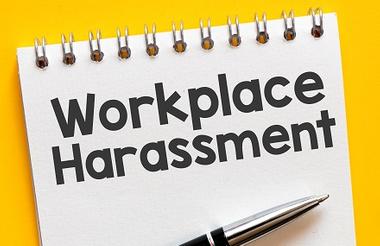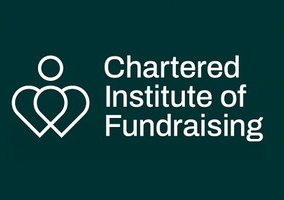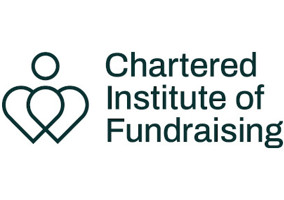Four out of five charities are concerned about protecting their staff from sexual harassment as new rules for employers are introduced this month, a survey has found.
HR consultancy WorkNest questioned 173 charities on changes to employment law due to be implemented from 26 October as part of the Worker Protection Act 2023.
Among the most significant changes is that employers – including charities – will now have a duty of care to protect their staff from sexual harassment by customers, suppliers, contractors and other third parties.
New guidance from the Equality and Human Rights Commission (EHRC) will also be updated in line with the change in the law this month.
Once the new law is implemented, the EHRC will be able to take enforcement action if an organisation is deemed to non-compliant of the new duty to protect its staff from sexual harassment.
‘Charities need to bring policy in line with legislation’
The survey found that 79% of charities were concerned by the impending change, with 36% of employers questioned as part of WorkNest’s wider survey only in the early stages of preparation for it.
Reacting to the results of the survey, Clare Mills, deputy CEO at Charity Finance Group, said: “Charities, like every other kind of organisation, have a duty to prevent their members of staff and volunteers from sexual harassment.
“As employers and hosts to volunteers, charities will need to work through scenarios to assess the potential risk and take steps to minimise or eliminate that risk. Charities will also need to bring policy in line with legislation and review those policies regularly.
“Training and line management is key as it’s important that staff and volunteers know what sexual harassment is, what the expected standards of behaviour are, and what they can do to report any incidents.
“At CFG we are working to inform our members of staff and volunteers about this legislation and ensure that appropriate training is provided, and we hope all other charitable organisations will be doing the same.
“We'll also be providing information to our members through our newsletters and website.”
Meanwhile, Patrick Glencross, senior associate in Furley Page’s employment law team, said: “The new duty requires employers to anticipate scenarios where employees may be subject to sexual harassment and to take preventative action.
“It is deliberately framed as a proactive duty that is designed to transform workplace cultures.
“No employer will be exempt from the duty to take reasonable steps, although what these steps are will vary according to the nature and size of the employer’s business, the sector it operates in, the working environment, the business’s resources, and the extent to which employees have contact with third parties.”
Related Articles












